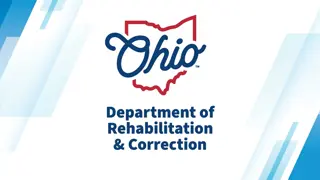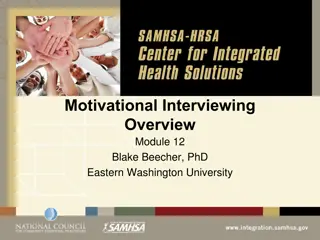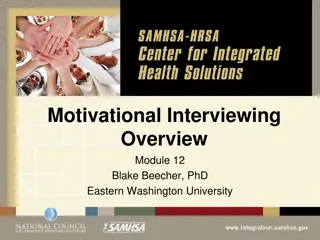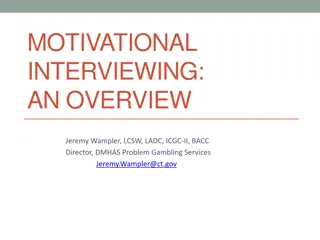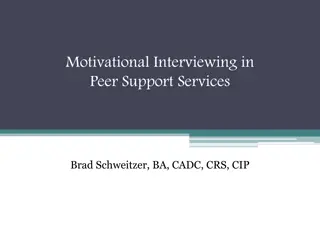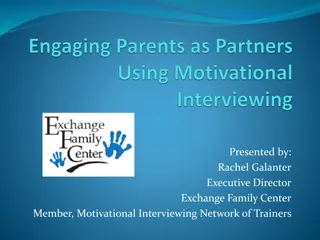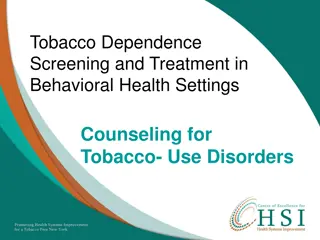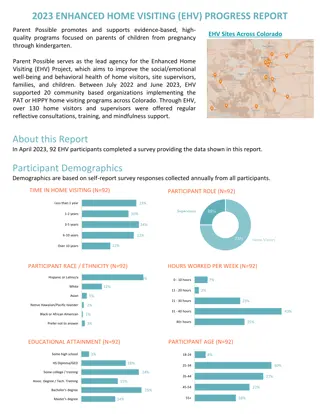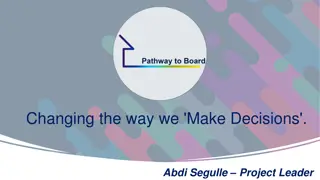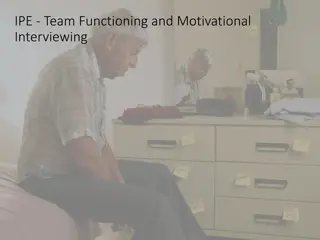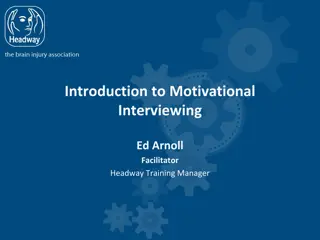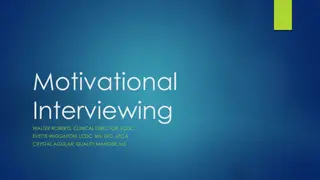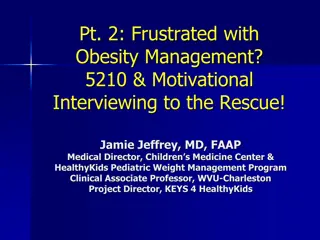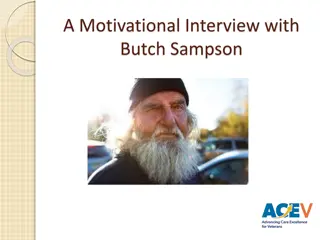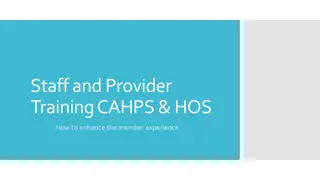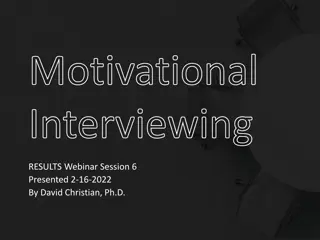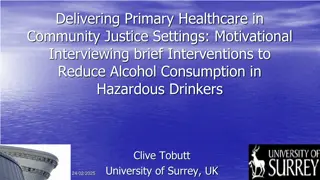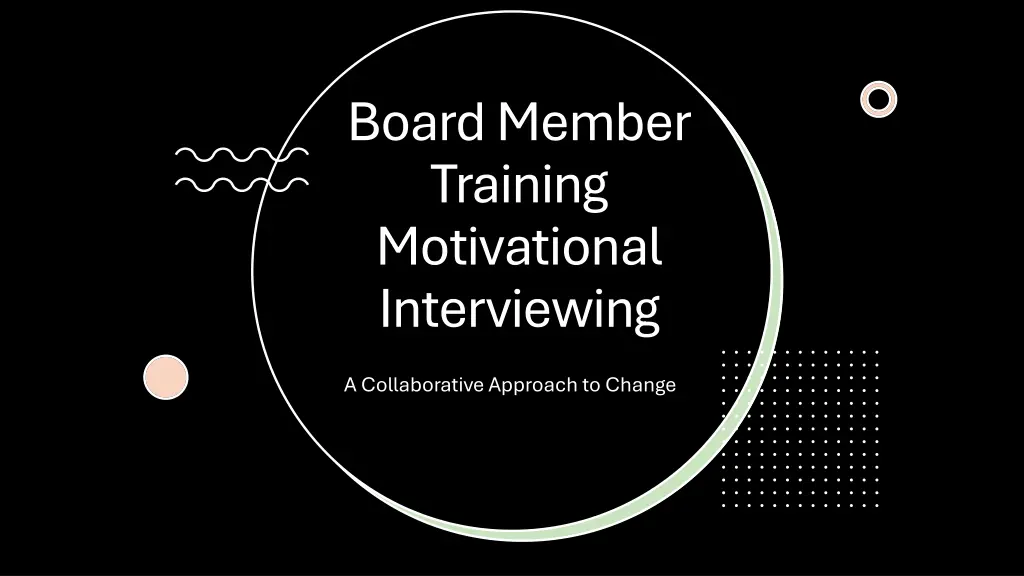
Motivational Interviewing: Techniques, Principles, and Benefits
Discover the essence of motivational interviewing, including core principles, the spirit behind it, and the four key processes involved. Learn about the use of open-ended questions, affirmations, and change talk in this collaborative approach to change that empowers individuals to embrace personal responsibility and enhance motivation for positive transformations.
Download Presentation

Please find below an Image/Link to download the presentation.
The content on the website is provided AS IS for your information and personal use only. It may not be sold, licensed, or shared on other websites without obtaining consent from the author. If you encounter any issues during the download, it is possible that the publisher has removed the file from their server.
You are allowed to download the files provided on this website for personal or commercial use, subject to the condition that they are used lawfully. All files are the property of their respective owners.
The content on the website is provided AS IS for your information and personal use only. It may not be sold, licensed, or shared on other websites without obtaining consent from the author.
E N D
Presentation Transcript
Board Member Training Motivational Interviewing A Collaborative Approach to Change
Motivational Interviewing: Definition, Techniques, and Efficacy (verywellmind.com)
ai35948v6_mb_vsquiz-quiz-16x9-adapt- dt35352v5_lofi_visa_xxdrpi (1).mp4 (youtube.com)
What is Motivational Interviewing A collaborative, person-centered form of guiding to elicit and strengthen motivation for change.
Core Principles Express Empathy Understanding the client s perspective. Develop Discrepancy Highlighting the difference between current behavior and future goals. Roll with Resistance Avoiding direct confrontation Support Self-Efficacy Encouraging belief in the possibility of change.
The Spirit of Motivational Interviewing Collaboration Evocation Autonomy Partnering with the client Drawing out the client s own motivations and skills. Respecting the client s right to make their own decisions.
The Four Processes Engaging Building a trusting relationship. Focusing Narrowing down on the specific. Evoking Eliciting the client s own motivations for change. Planning Developing a commitment to change and formulating a plan
Open-Ended Questions Encourage students and families to talk more. Affirmations OARS Technique Recognizing client strengths. Reflective Listening Understanding and clarifying Summarizing Reinforcing what has been said.
Change Talk Recognizing Change Talk Statements indicating desire, ability, reasons, or need for change. Recognizing Eliciting Change Talk Using strategic questions to encourage change talk. Eliciting
Benefits of Motivational Interviewing Encourages personal responsibility. Enhances motivation for change. Supports self- efficacy.
Handling Resistance Strategies for Managing Resistance Simple reflection Amplified reflection Double-sided reflection Shifting focus
Practical Applications Scenarios and Role- Playing Case Studies Practice MI Techniques in real-life scenarios. Discussing successful motivational interviewing interventions


